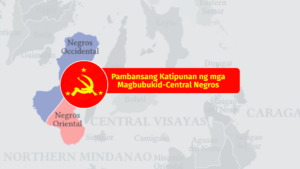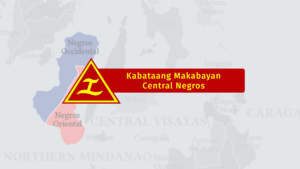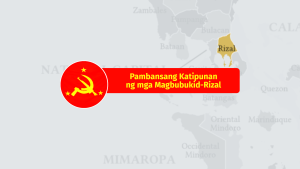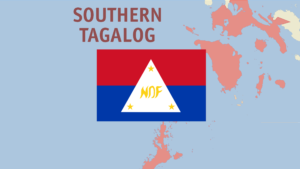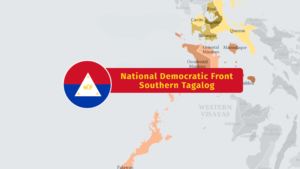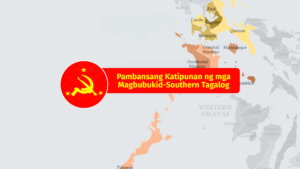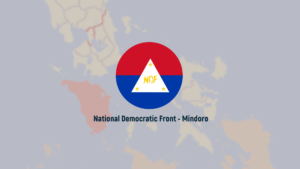On Marcos Jr’s sugar fiasco
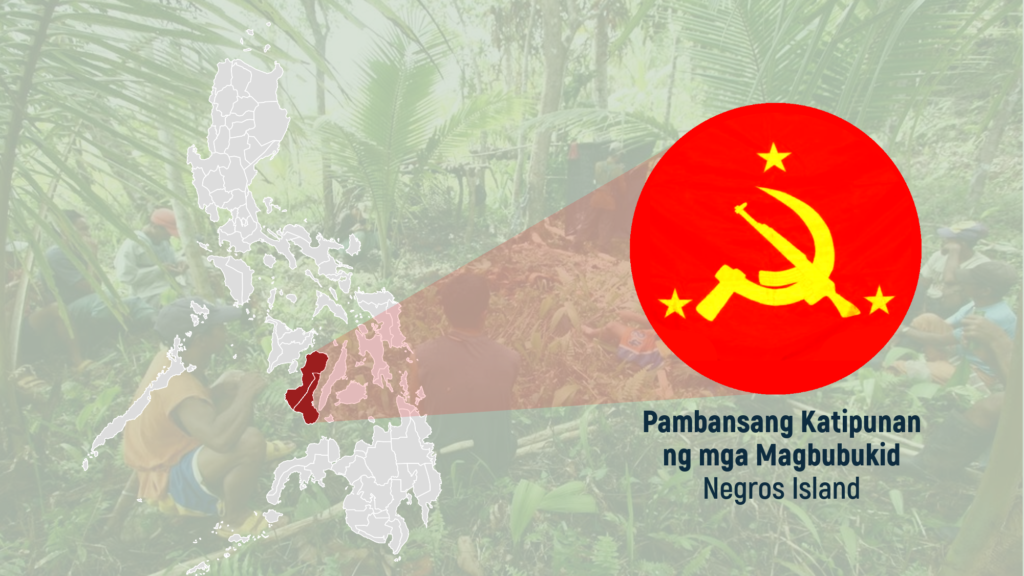
Neoliberalism is at the root of the sugar fiasco currently spotlighted on mainstream media. The US-Marcos II regime is aligning its allies within the sugar bloc while it blows up an unauthorized SRA order to muddle the issue of sugar importation. It performs as a typical bureaucrat capitalist government beholden to the dictates of its imperialist master. All these as the Negrosanon farm and mill workers face the yearly tiempo muerto, or off-milling season, where jobs in the haciendas and sugar mills are limited leaving them scouring for odd jobs and other sources of income to provide the daily needs of their families, not to mention their school children.
The entry of even 150,000 MT of sugar is detrimental to the local sugar industry and is even absurd now that the milling season is already beginning. The problem is not sugar shortage but a global crisis of overproduction of sugar where a semi-colony and sugar-producing country like the Philippines is compelled to import sugar and bear the brunt of the crisis generated by a world monopoly capitalist system. In 2015, the US-controlled ASEAN Free Trade Area (AFTA) pushed the imposition of zero tariff on imported sugar. With that, the myth of sugar scarcity is an artificial phenomenon well-maintained by big sugar cartels to impose higher market prices. Currently, the price of sugar has risen to P80 from P40 per kilo.
The domestic sugar industry is struggling with the influx of imported sugar and skyrocketing prices of farm inputs. Sugar barons and hacienderos can very well manage a decline in profits as they transform parts of their sugarcane plantations into non-productive use such as solar fields, commercial areas and real estate or convert into other high-yielding cash crops to keep up with their lavish luxuries. This is to the advantage of multinational corporations drooling over the vast lands and natural resources of Negros monopolized by bourgeois comprador-land lords to be integrated into the demands of the global market.
The real victims in this neoliberal set-up are the sugar workers, both in the plantations and mills, the small planters and the Filipino people especially now while there is a pandemic.
Sugar workers suffer slave-like wages. The current minimum wage of agricultural workers in Negros amounting to P410 is still below half of the living wage. Worst is, hacienderos have never implemented the minimum wage in the haciendas. High cost of basic necessities, including sugar, are in stark contrast to farm worker wages still nailed to P150-P250 per day. On the other hand, two out of three mill workers are already engaged in contractual labor. As a result, they face job insecurity and hunger, not to mention the intense militarization in their rural areas.
Small planters are threatened of losing their lands because of lack of government support. They confront difficulties in keeping up with the rising cost of sugarcane production, such as high prices of fertilizers currently around P3,000 per sack, and are giving in to various schemes of land grabbing and usury by old and new type land lords. Many are forced to sell their labor power and, in the end, become full time farm workers.
The Filipino people fall under the mercy of neoliberal agencies (led by the IMF, World Bank and World Trade Organization) as the country’s export-oriented, import-dependent economy is in full play. While cash crops and cheap raw materials are prioritized and agricultural lands alienated from food production, food staples such as rice, corn, fish, vegetables and sugar are heavily imported. Food security is ruined.
Not fooled by Marcos Jr’s theatrics of supposedly ‘consulting all stakeholders in the sugar industry,’ farm workers present a stronger demand for the increase of their wages and benefits as the milling season is approaching. Instead of sugar importation, small planters call on the regime to address the rising cost of farm inputs and give meaningful support to them. Furthermore, the Filipino people clamor for the regime to prioritize sufficient food production and veer away from non-productive use of lands rather than give in to imperialist whims.
The NDF-Negros challenges the US-Marcos II regime to act along the interest of the Filipino masses and people. With nothing to offer but misery and poverty, Marcos Jr and his lackeys unwittingly underscore the correctness of the people’s democratic revolution of which agrarian revolution is the main content. The more the regime pushes for neoliberal policies, the quicker it will meet its downfall. ###

